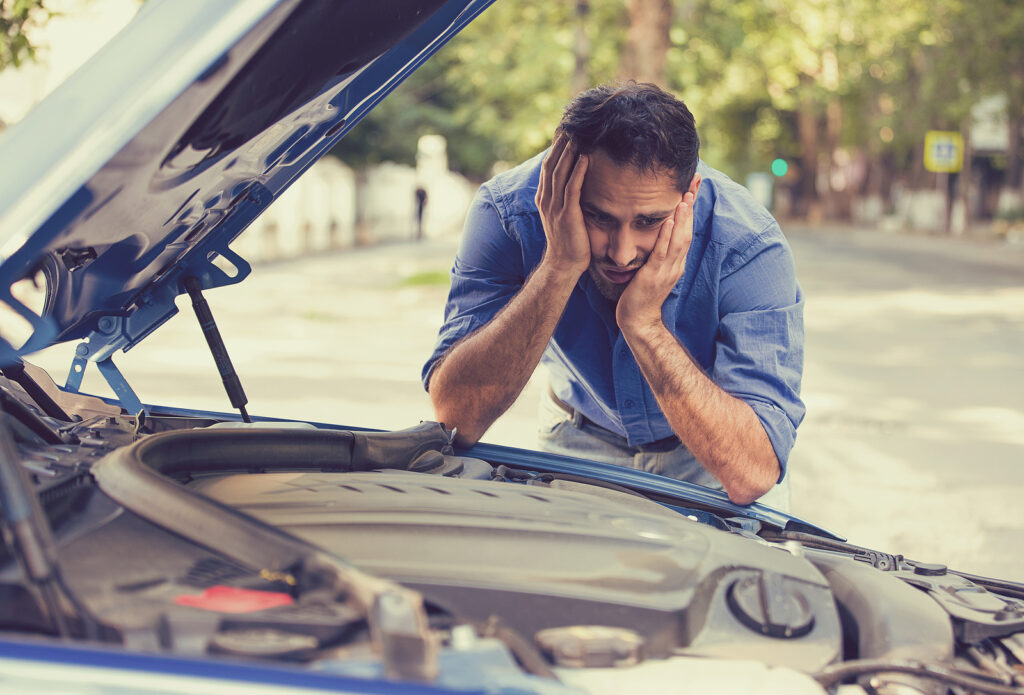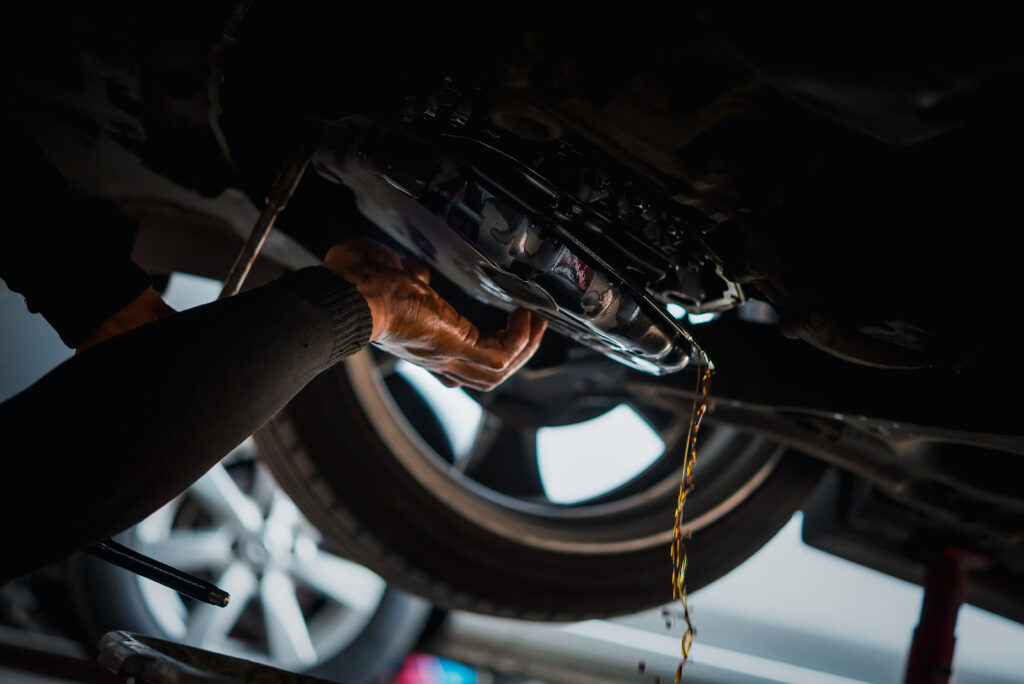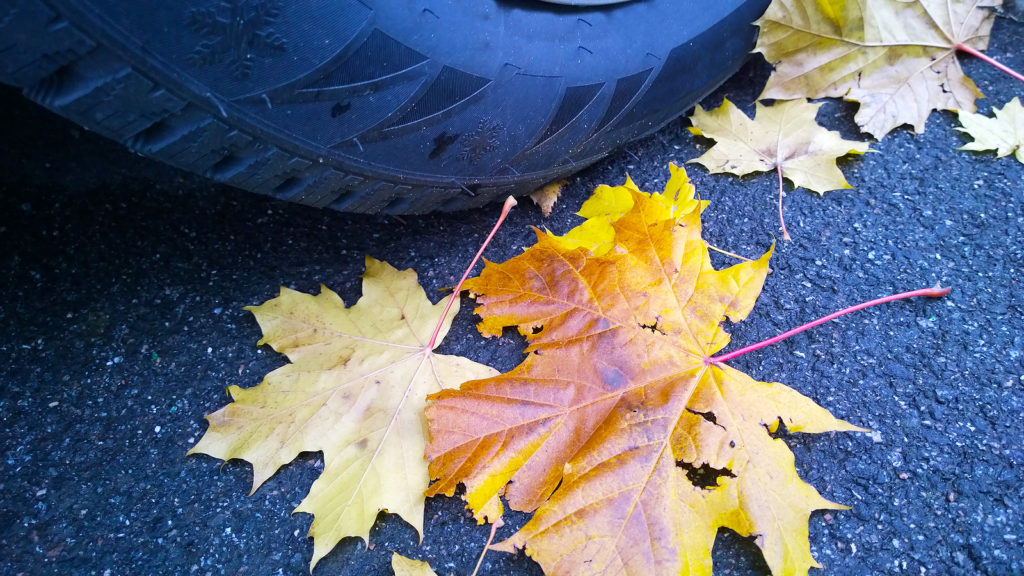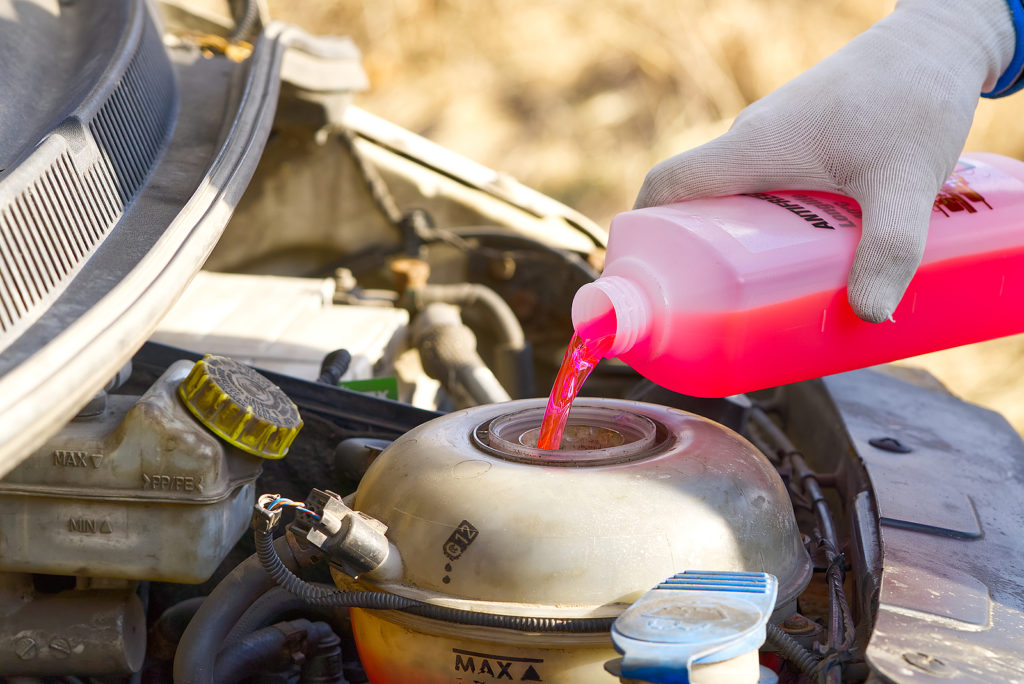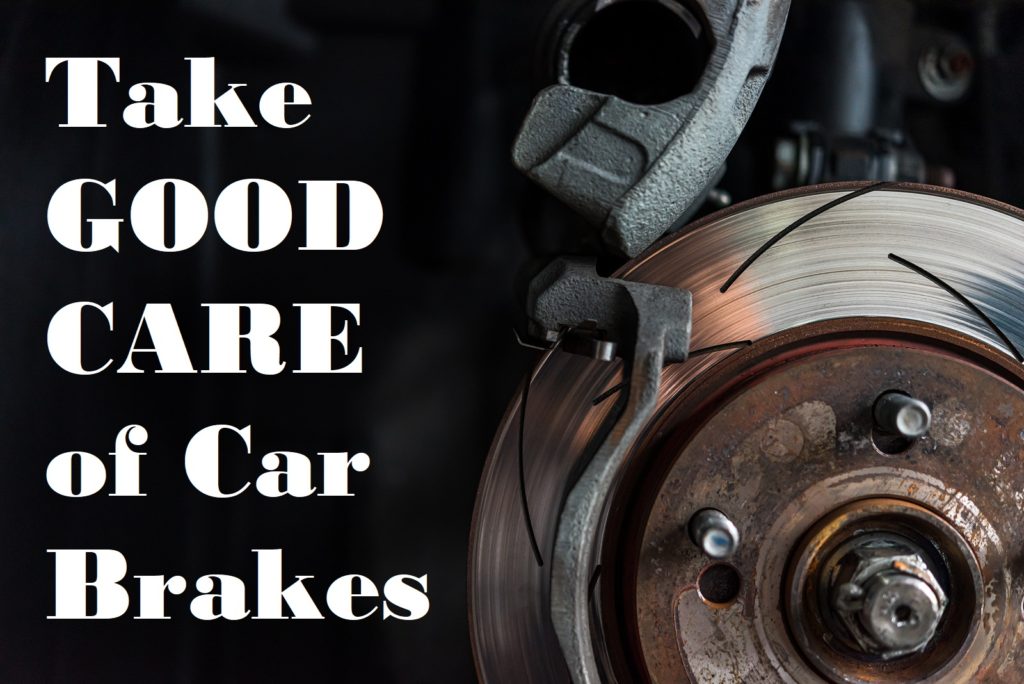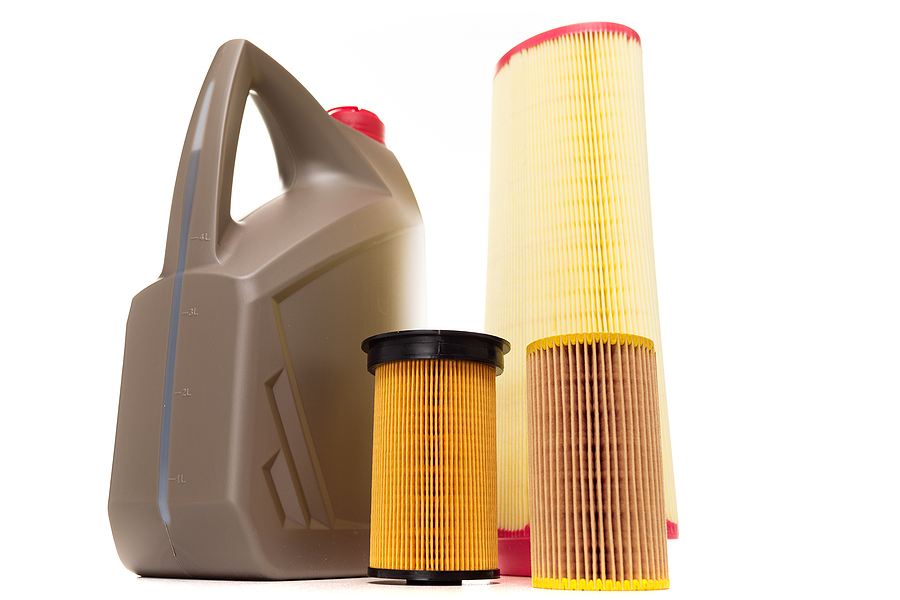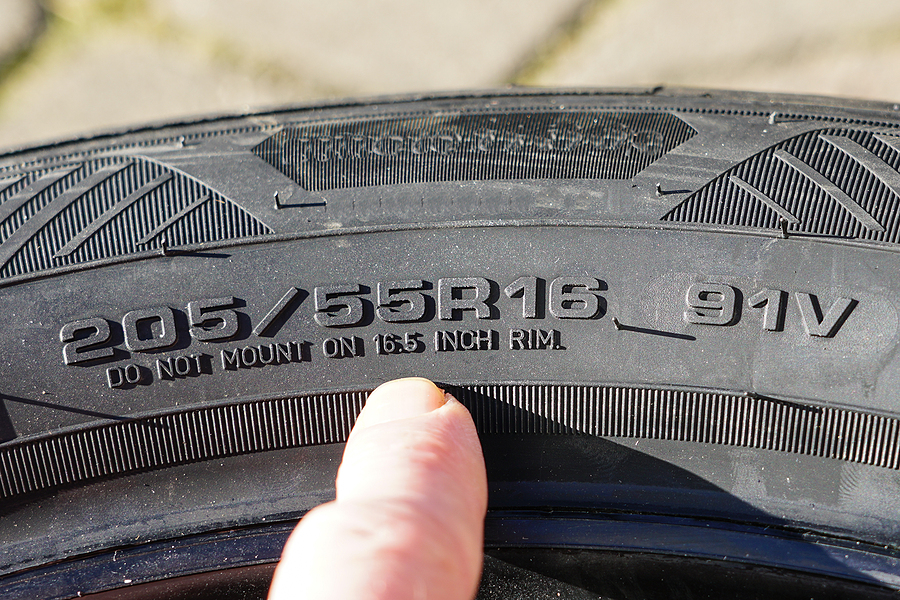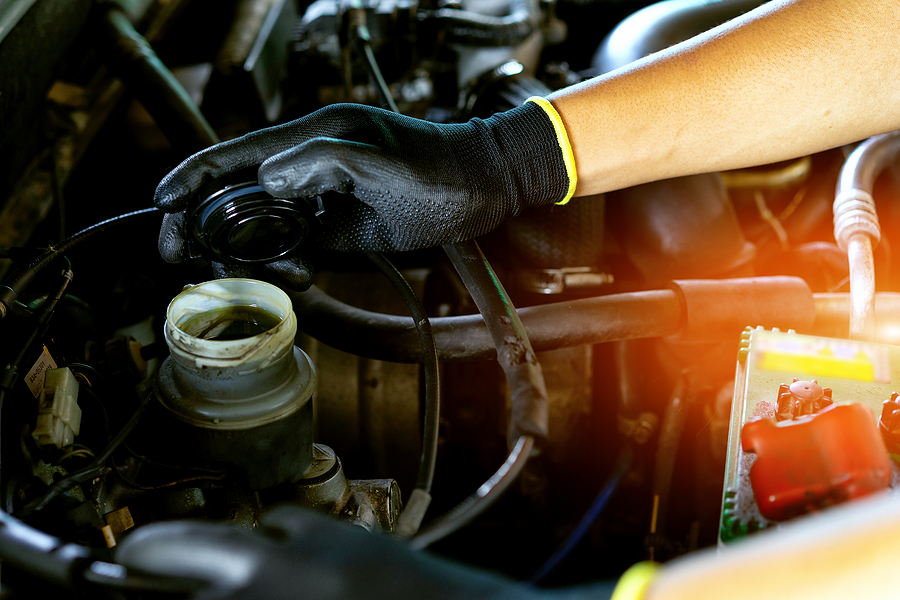As the sole point of contact between the road and your vehicle, car tires are arguably one of the most vital automotive systems. Good car owners take good care of their vehicle’s tires, staying current on all tire inspections, measurements, rotations, balances, and replacements. If you are new to the world of automotive maintenance, educate yourself on the importance of routine tire care.
Get started on the right path by reviewing some frequently asked questions about tire care, below.
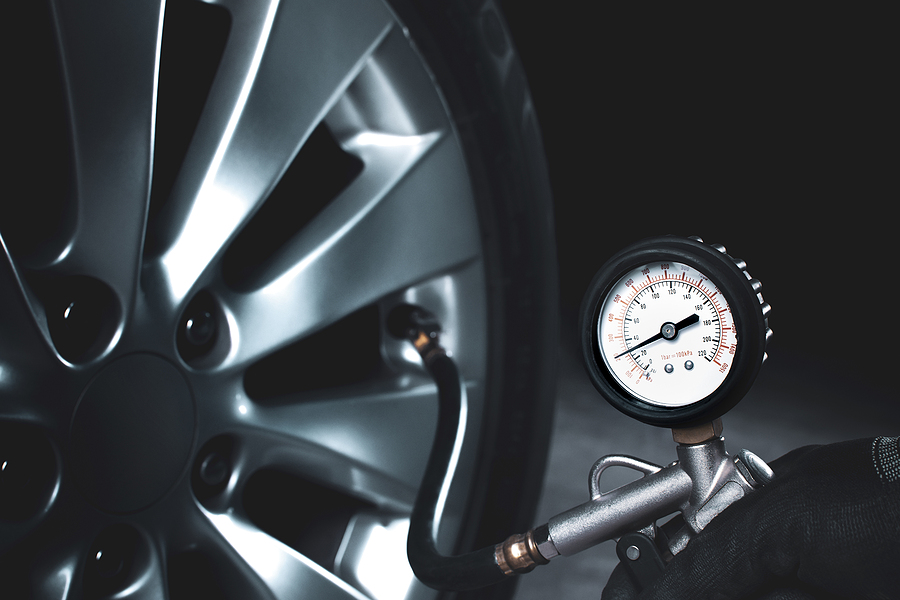
FAQ About Tire Maintenance
What Does Tire Care Involve?
Taking good care of your tires involves several routine maintenance responsibilities. Not only should you regularly inspect your tire tread and tire pressure, but you should also have your tires periodically rotated and balanced, especially if you regularly drive off-road or on rough or bumpy terrain.
Additionally, you want to ensure that the tires are compatible with your make and model vehicle. If you have the incorrect size tires, it can have a negative impact on fuel economy, safety, and automotive performance. If you have the wrong type of tires on your vehicle, it can have all sorts of incompatible effects, plus pose safety risks. Refer to your vehicle’s owners’ manual for tire recommendations.
What is the Proper Tire Tread Depth?
Brand-new tires generally have a tread depth of 10/32 or 11/32 of an inch (about a third of an inch). According to the U.S. Department of Transportation, drivers should replace car tires when the tread depth has receded below 2/32 of an inch. If the tire tread variance between your car tires is greater than 2/32 of an inch, you should have them rotated to even out the tread wear.
How Do I Measure My Tire Tread?
To measure where your tire tread depth is at, all you need is a penny. That’s right; a copper penny! Turn the penny upside down with Lincoln’s head facing out so you can see him. Then stick the penny inside a tire groove. If you can see Lincoln’s entire face, your tire tread depth is below 2/32 of an inch.
What is the Proper Tire Pressure?
Tire pressure plays an important role in your vehicle’s overall safety and performance. Tire pressure is measured in “pounds per square inch” or PSI. Car tires can lose up to 2 PSI of pressure every month. Colder temperatures tend to lower tire pressure, causing under inflation, while higher temperatures tend to cause overinflated tires.
Both underinflated and overinflated tires are unsafe. For this reason, it is important to routinely inspect your tire pressure, including your spare tire. Proper tire pressure varies depending on several factors. It is recommended to use an online tire pressure monitor tool to learn the recommended tire pressure for your vehicle. You may also refer to the manufacturer’s recommendation.
How Do I Measure Tire Pressure?
To measure tire pressure, you will need to purchase a tire pressure gauge. They are inexpensive and readily available at any local auto parts store, department store, or home improvement store. They are also available on any relevant online retailer. This tool will come with manufacturer’s instructions that will teach you how to use it. It is very simple and only takes a couple of seconds to obtain a reading. You can also take your vehicle into the shop for routine tire maintenance, which will include tire tread and pressure measurements, which should include tire pressure and tread service.
Do I Need to Rotate and Balance My Car Tires?
Although you don’t have to, it is recommended to have your car tires rotated and balanced on a routine basis. This will help ensure that all four tires wear down evenly. Most drivers will have their car tires balanced and rotated every 5000 to 7000 miles.
Can Tires Impact Fuel Economy?
Yes, tires can impact fuel economy. Improperly inflated tires will use up more gas in your tank. With proper tire care, you can help maintain good fuel economy in your vehicle. Additionally, you can swap out your current tires for more fuel-efficient tires. These tires are designed to deliver higher tire rolling resistance, which is the force required to get the tires to start moving. Consumer Reports revealed that “The Department of Energy estimates that 4 to 11% of fuel consumption is due to tire rolling resistance.”
Why Does My Car Not Come With a Spare Tire?
If your car does not come with a spare tire, there could be a number of reasons why. Most likely, you purchased your car used and the previous owner did something with it. Or, you have a newer model vehicle. Automakers these days are foregoing the spare tire for all sorts of reasons, mostly for the sake of cost savings and space-saving design.
Do I Need a Spare Tire?
It is highly recommended tire, either at home or in the trunk of your vehicle. Some cars don’t have space for a spare tire, which is why they didn’t come with one of the first place. In this case, you might want to consider run-flat tires or a tire inflation kit. These will help you out in a roadside emergency situation.
Does your luxury import vehicle need some professional tire service? Contact Autohaus Dierolf at 317-571-0800 for professional European auto repair and service in Indianapolis, Carmel, Indiana. We are factory-trained German mechanics who specialize in Mercedes, BMW, Audi, and Volkswagen, but work on all European and British cars.
Related Posts:
How Does Tire Width Affect Gas Mileage in Cars?
Recommended Automotive Maintenance for a Car You Barely Drive
Top 5 Car Parts Affected By Cold Weather

